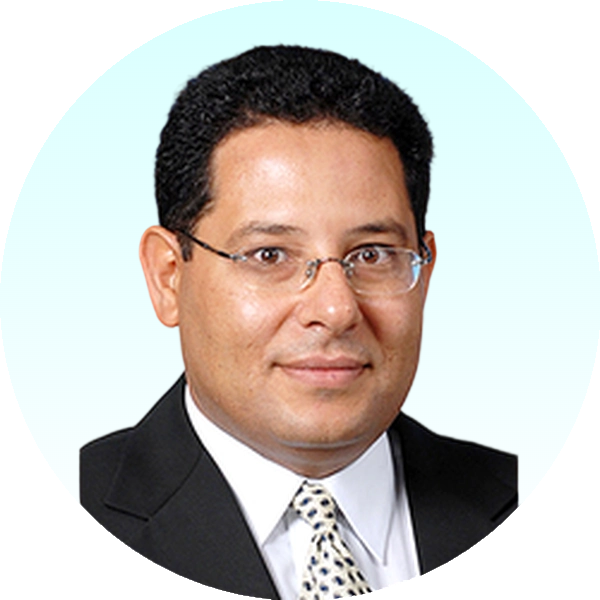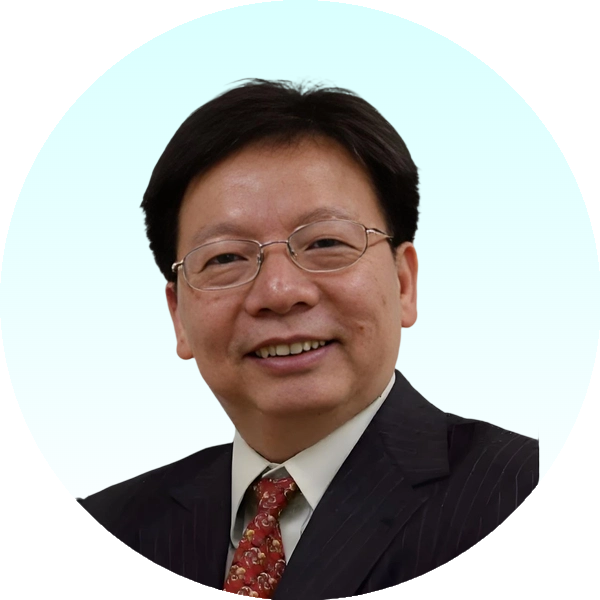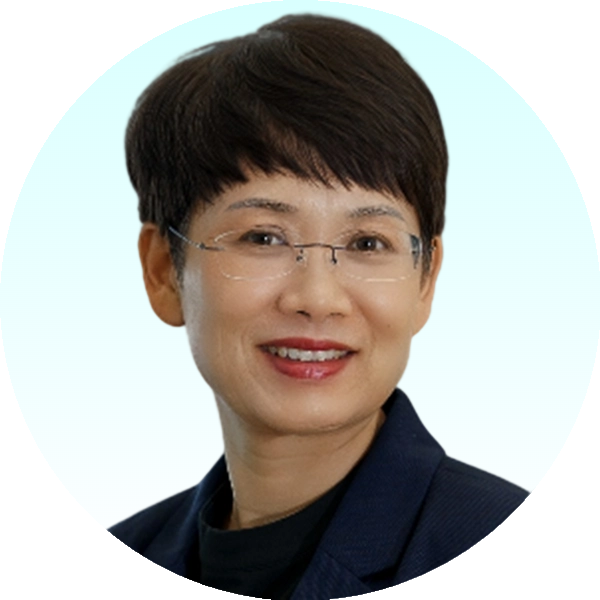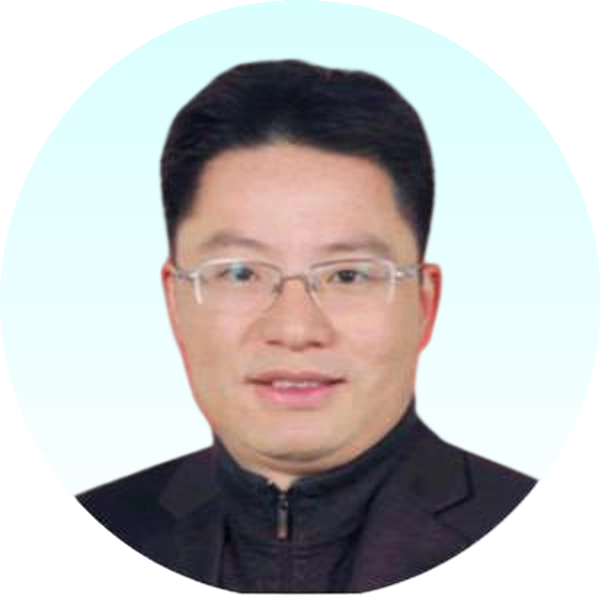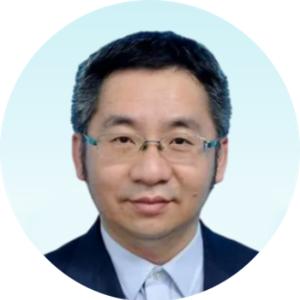
Xuemin (Sherman) Shen
University of Waterloo, Canada
Xuemin (Sherman) Shen is an University Professor at the University of Waterloo, Canada. His research interests include network resource management, wireless network security, AI for networks, and future communication systems. Professor Shen is the Technical Program Committee Chair for IEEE Globecom'24, Globecom'16, IEEE Infocom14, and IEEE VTC’10 Fall. He was the Editor-in-Chief of the IEEE Internet of Things Journal, IEEE Network, and IET Communications. Professor Shen served as the 2022-2023 President of IEEE Communications Society. He is a Fellow of the IEEE, Royal Society of Canada, Canadian Academy of Engineering, and Engineering Institute of Canada, a Foreign Member of Chinese Academy of Engineering, and an International Fellow of the Engineering Academy of Japan.
Title: TBA
Abstract:
More information will be added.
